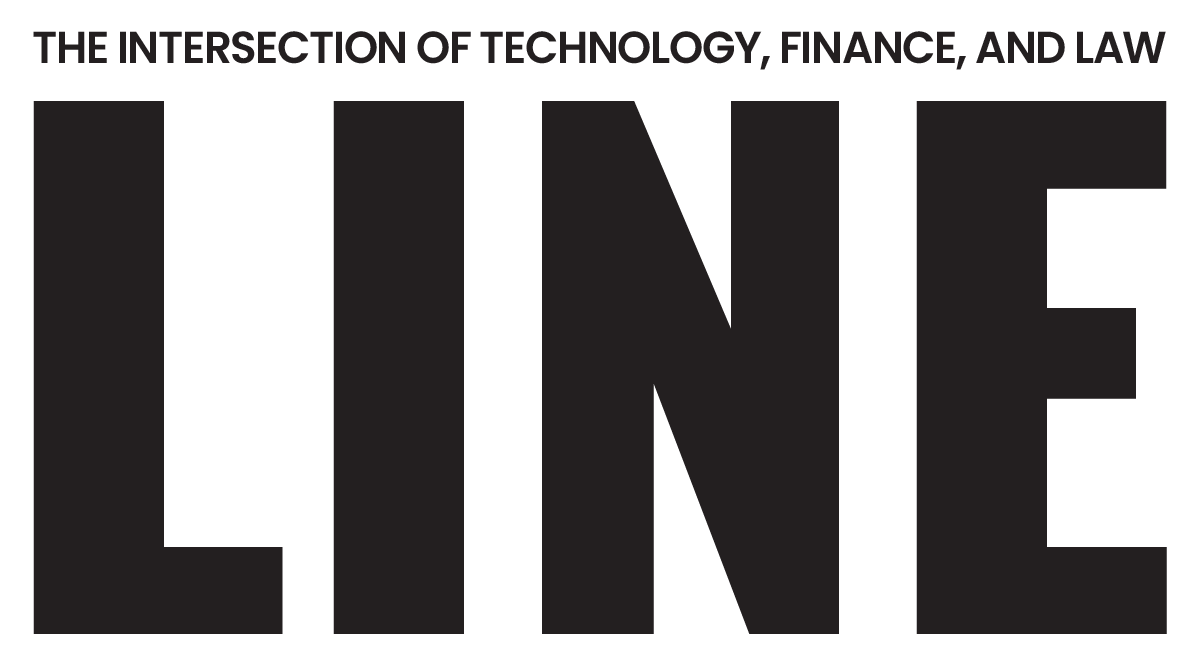You’ve been at IBM for 33 years. How did your career there evolve?
It’s not a traditional career. I graduated with a PhD from Cornell and went to work in a development organization around chip carriers and electronic packaging. As IBM evolved, they decided to open up their treasure trove of technology to others. I got in on nearly the ground floor of that and helped with our international presence, setting up day-to-day marketing activities — how do you bid, how do you invoice, how do you put together marketing collateral. Then I spent almost two years in Japan, helping the folks in Asia Pacific bring our semiconductor business to market. I went from there to Singapore. When I left, I was running the sales team for all of Asia Pacific in Japan.
Eventually, I went back to microelectronics and ended up running operations, which lasted about three months. Then the guy running North American sales resigned and they gave me that job. Three months later, by mid ’01, I’m running the worldwide sales team. I had the honor and pleasure — whatever you want to call it — of being there during the dotcom crash. We were losing a client a week to bankruptcy. I vividly remember being in front of the CEO of the company at the time, and he was not a happy camper. He asked me why we were losing clients. I said, “They’re going bankrupt.” He said, “What are you going to do about it?” What he really meant was, could you go transform the team?
Over the next couple years we won all the game platforms. Whether it was Microsoft, Sony, or Nintendo, we were the processor of choice. That was our way out. I ran the team for a couple of years, spent a stint in corporate strategy, and then went to IP to be the head of patent licensing.
We came up with interesting ways of protecting the firm through various licensing structures. Then the CEO of the company began to talk about how IBM was growing in countries outside the mature markets. If you wanted to be a leader in the company, long term, you should go to one of these countries.
I volunteered, and lo and behold, they sent me to Africa. I spent several years running sub-Saharan Africa for our technology services business. Then I came back to be the COO of the research division, which is responsible for day-to-day operations and strategy, working for the head of research. I did that for a couple of years, then spent one year in our high-performance computing business, and eventually I went from that back to the job that I’ve had now as the General Manager of IP.
If I think about that whole arc, I can see the ways I got comfortable dealing with lots of different people and situations. I also became comfortable thinking without real boundaries, imagining what we could go do that we hadn’t done before.
These days I try to keep my team thinking beyond the first or second step. Sometimes that means proposing ideas that might seem a little outside the box, but that will allow you to change the narrative of how you think about things. On the licensing side, when people are asking for terms and agreements, I try to get the team to think about what the other side really wants. I try to take the blinders off folks. So much of this work is about being creative.
What makes for an effective dealmaker?
Protecting the firm is the most important element. Money comes in, money goes out, but if we can’t have freedom of action, that’s a problem. We want to be treated fairly, we want to compete in the marketplace, and we want to take risk out where we can so that we can do the things we want to do. Those are the three things you want to think about, and everything else fits underneath it.
Within that, I have creative freedom. One of the beauties of working within this organization is that I’ve built trust. Of course, that also means you have accountability. If it goes wrong, there is no place to hide.
“We want to be treated fairly, we want to compete in the marketplace, and we want to take risk out where we can so that we can do the things we want to do. Those are the three things you want to think about, and everything else fits underneath it.”
You've been in the space for forty years in various ways, and it's been a roller coaster in terms of how IP has developed in that time. But, culturally, what has changed the most in IP and the transactional community over the course of your career?
In the “old days,” the community was a lot smaller. Now it’s a whole lot larger, and markets have been opened up. There’s a broader group of people involved. It’s gotten much more fragmented in terms of the participants and what they bring to the table, whether it’s tools, financing, legal matters. A lot of people have moved from in-house to litigation financing or to an NPE, or are looking for applications to AI. You’ve got a whole universe of people playing in this space, who may not know much about patents, or about technology licensing, joint development agreements, etc., but they know how to categorize data and look for patterns. The space has just gotten a lot broader.
What makes you good at what you do?
I’m fairly creative. When the team comes to see me, I’m looking for what they haven’t seen. I also like to ask questions that make my team think about the situation in a new way. They get used to me saying, “Have you thought about this?” and they say, “Okay, here’s Bill’s crazy idea.” But it’s not that every idea I have is going to be the right one. The point is it’s going to cause them to think something different. Part of what I’ve learned to do is think several steps down the road.
I don’t mind being proven wrong. I also try to get people to own what they’re doing. What I remind folks is, I’m pretty smart, but I can’t be everywhere and do everything and know everything. So, you have to have people you trust and you have to try not to have bottlenecks.
The time I spent in Japan was also immensely valuable in making me good at what I do. Being in a different culture, experiencing a different way of doing business, really caused me to be far more “in the room.” I had to understand where other folks were coming from, think through the structure of their decision-making. That’s the other piece I keep trying to push on the team: We have to think about how they think about the problem, not how we think about it.
For the last nine years, I’ve gotten up in the morning excited about the fact that I have a challenging, creative job. I don’t know what deals are going to close. I don’t know what we’re going to run into. But we’ll just go take a hack at it.
Is there any particular matter that you found the most challenging or interesting over the course of your career?
The litigation against Groupon helped define my late career. It was our first case going to trial in a long time, in terms of us doing the assertion. There was a point in time when Groupon was making comments about settling. I don’t know if they were terribly serious, but I started to get whispers from very senior people saying, “You might consider taking a deal.”
But I really believed in the case. I said, “I’m all in. If we crash and burn, I will resign. I have that conviction.” The truth is, I was pretty nervous. But I had complete trust in the legal team and all the work we’d done. I knew I had to see it through. What was challenging was convincing others that if we settled, we wouldn’t have gotten the message across to people that we have good IP that should be respected. In the end I made the decision, and I could have embarrassed the firm. But I believed in the team. I believed in the outside counsel, the patent engineers. And it worked out; I got the deal done. The best part was at the end, getting an email from the CEO saying, congratulations, you were the only one who had faith.
You’re on a bit of a valedictory lap here as you wrap up your time at IBM. What's next?
I’m going to be an executive in residence at Columbia, helping out with their industry relations group. I’m also going do a little bit of consulting, mostly at the intersection of trying to solve problems that operating companies may have with other parties. I think my experience of being on both sides of that ledger could be valuable to try to help people think about the end game if somebody sues you and to consider ways to resolve the issue.
This is an amazing industry. It keeps changing. You’ve got to be creative and you’ve got to be able to work with people. I hope there’ll be a few folks along the way I can help think about IP strategy.
If you were advising your early-career self, what would you say is the most important thing to take to heart?
Two things. First, do a retrospective on your career along the way. I think writing a new resume every couple of years is useful. It’s a way to ask yourself what you’ve done, what you’ve been good at, what you could do better. It shines a spotlight, too, on what you’re passionate about and what you’ve done to start steering the wheel in that direction. Ask yourself during these retrospectives: Am I happy where I’m at? Have I figured out what I’m really good at? How does it fit with my personal life?
The second thing I’d tell my early-career self is don’t burn bridges. I’m always shocked when I show up some place, and there’s somebody I dealt with years earlier. You never know what bridges you’ll go back over. Treat people with respect. Stay away from the petty things that make you feel good, but that have no long-term value. If you don’t have anything good to say, don’t. Think about the person on the other side. Don’t just ask yourself how you want them to treat you. Ask yourself how you want to treat them if you’re going to see them five years from now.
Know a Dealmaker you would like us to profile? Contact [email protected]






